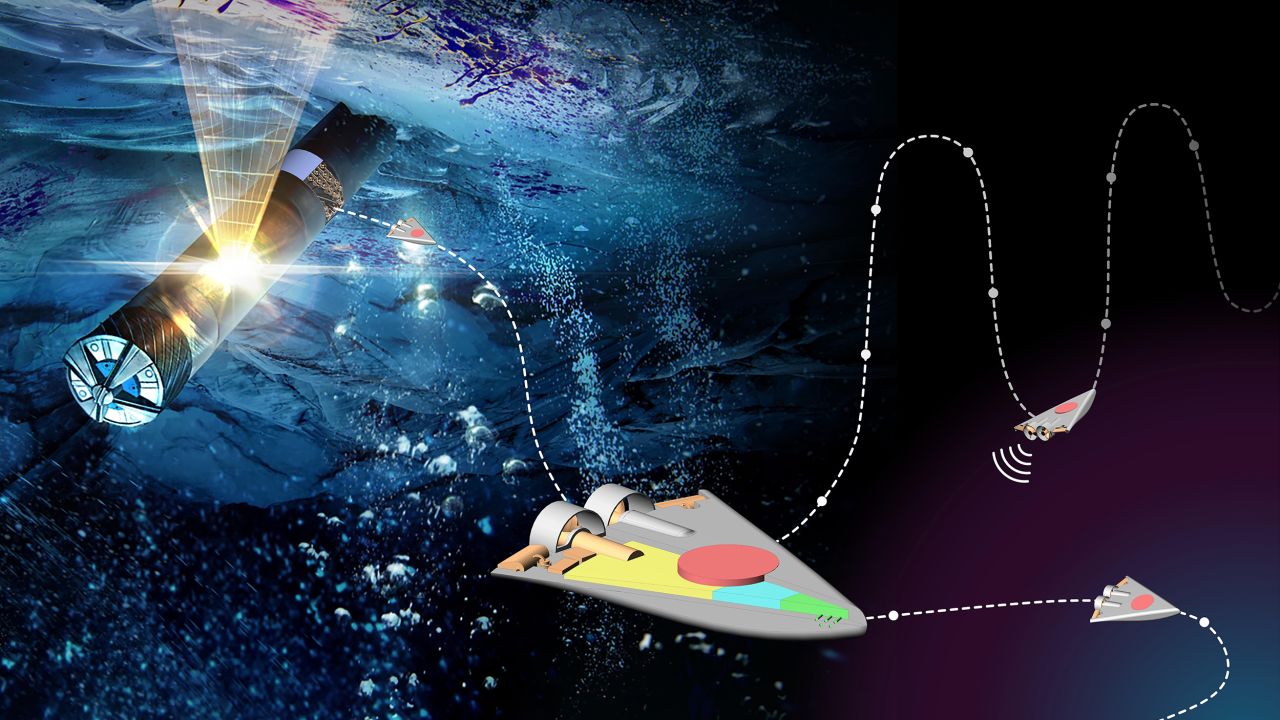A Harvard professor’s assertion that metallic spheres discovered at the bottom of the Pacific Ocean could be of extraterrestrial origin has been met with skepticism, with a new theory suggesting they may simply be industrial waste.
In July, Avi Loeb, the director of the Harvard-Smithsonian Center for Astrophysics, raised eyebrows when he proposed that the spherules, dredged from the ocean floor in 2014, could be remnants of a meteor that exploded in Earth’s atmosphere. Their unusual chemical composition, he argued, hinted at an artificial origin.
However, Loeb’s claims have been met with doubt from many scientists, who argue that the composition of the spherules is not particularly unusual and that they are more likely to be of terrestrial origin.
Now, a new study published in the journal Meteoritics & Planetary Science suggests that the spherules are indeed industrial waste, likely from the smelting of metals. The study’s authors, led by geochemist Munir Humayun of Florida State University, analyzed the spherules’ composition and found that they closely match the composition of industrial slag, a byproduct of metal smelting.
Humayun and his colleagues also found that the distribution of the spherules in the Pacific Ocean is consistent with known patterns of industrial waste disposal.
“Our findings suggest that the spherules are likely industrial waste, and there is no evidence to support the hypothesis that they are of extraterrestrial origin,” Humayun said in a statement.
Loeb has not yet responded to the new study, but other scientists have welcomed the findings.
“This is a much more plausible explanation for the spherules than the alien hypothesis,” said David Spergel, a theoretical astrophysicist at Princeton University. “It’s always important to be skeptical of extraordinary claims, and in this case, the evidence simply doesn’t support the claim that these spherules are from space.”
The debate over the origin of the spherules is likely to continue, but the new study provides strong evidence that they are more likely to be industrial waste than alien technology.




+ There are no comments
Add yours